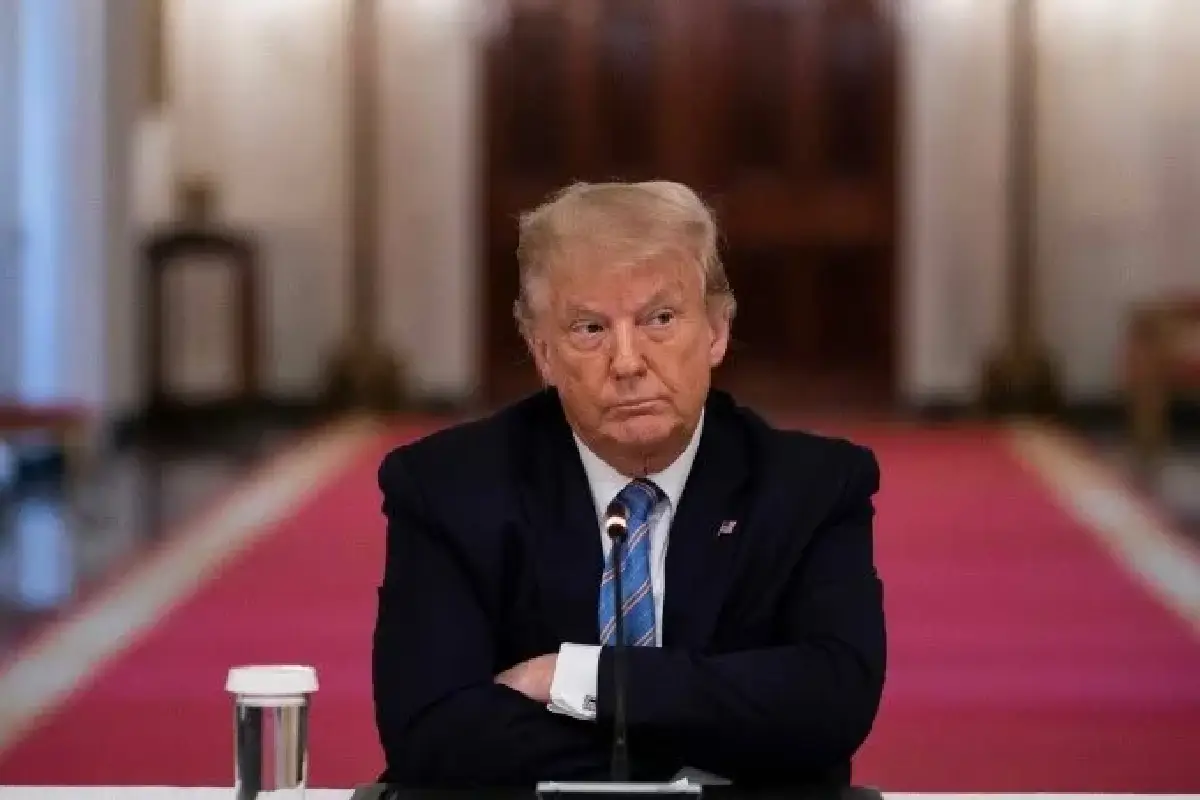China has ordered the immediate suspension of Boeing aircraft deliveries and frozen the purchase of U.S.-made spare parts, in a new escalation of the ongoing trade war with the United States. The move deals a heavy blow to the American aerospace giant, already weakened by successive crises in recent years.
The decision came down on Tuesday, April 15, 2025: Beijing instructed its airlines to stop accepting new Boeing aircraft and to suspend purchases of U.S.-manufactured spare parts. The move comes in response to protectionist measures by President Donald Trump, who recently imposed a 145% tariff on Chinese goods. In retaliation, China has announced a 125% tariff on American products.
A major setback for Boeing and the U.S. economy
With this move, China delivers a significant blow to Boeing, the United States’ largest exporter, whose commercial outlook heavily depends on the Chinese market. The aircraft manufacturer could lose up to $2.5 billion, according to initial estimates. In response, Boeing’s stock dropped 3% on the New York Stock Exchange on Tuesday.
Beijing’s message is clear: to pressure Washington by targeting a flagship of American industry. “China is delivering a severe blow to Boeing,” said aerospace analyst Loïc Tribot La Spierre, highlighting the strategic nature of the decision.
Chinese airlines—Air China, China Eastern, and China Southern—are directly impacted. They had planned to receive 179 aircraft between 2025 and 2027. While some already completed deliveries may be accepted on a case-by-case basis, the majority of orders have been suspended until further notice.
Airbus and the C919 waiting in the wings
In the wake of the freeze, China is exploring alternative solutions. Airbus could benefit from the situation thanks to its existing assembly line in Tianjin. The European manufacturer stands as a likely indirect winner from the crisis.
China is also considering increased reliance on its domestically produced narrow-body aircraft, the Comac C919. However, the jet remains heavily reliant on U.S. components—highlighting the paradox facing Beijing as it seeks to reduce its industrial vulnerability.
A global fallout from a bilateral dispute
This suspension marks a new phase in the U.S.-China standoff, with ripple effects now reaching the global aviation industry. While the U.S. has expressed willingness to resume talks, the White House insists that “the ball is in China’s court.”
Until any potential de-escalation, Boeing—already shaken by past troubles—faces the loss of a key market and must now navigate growing uncertainty.


